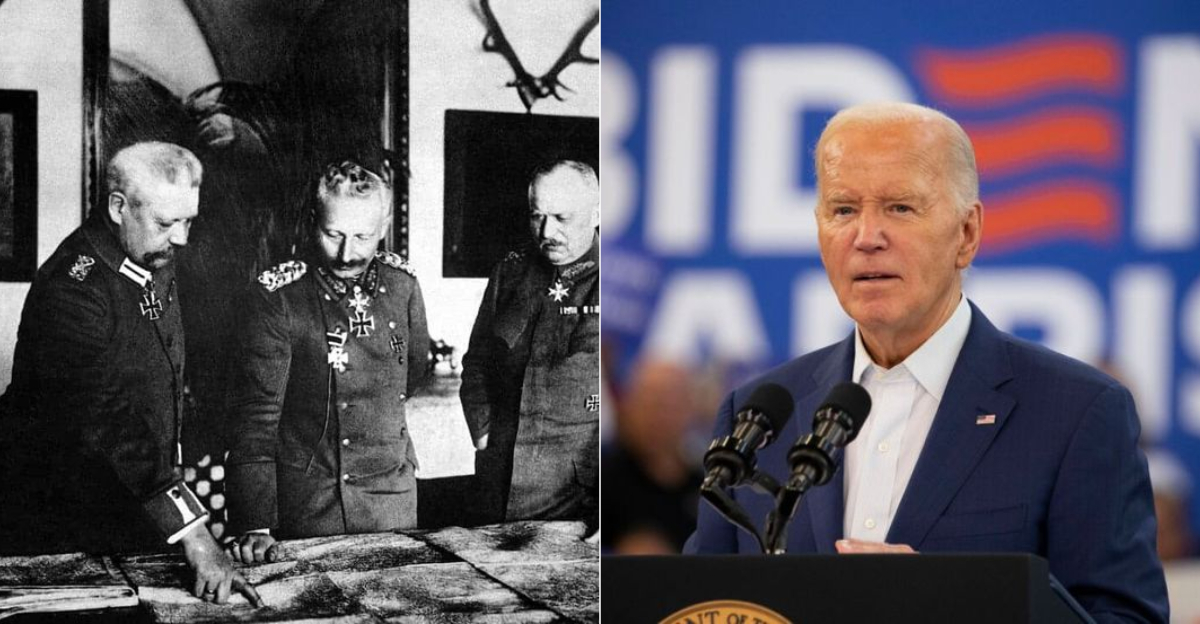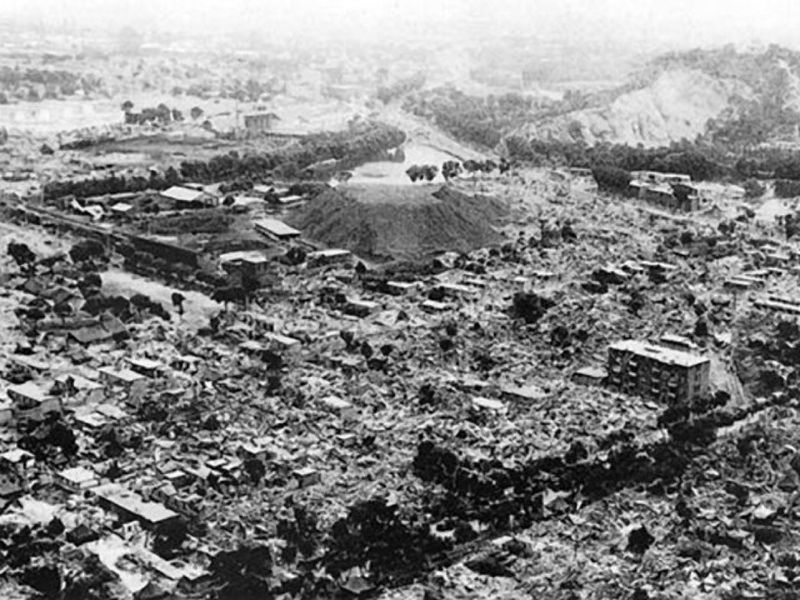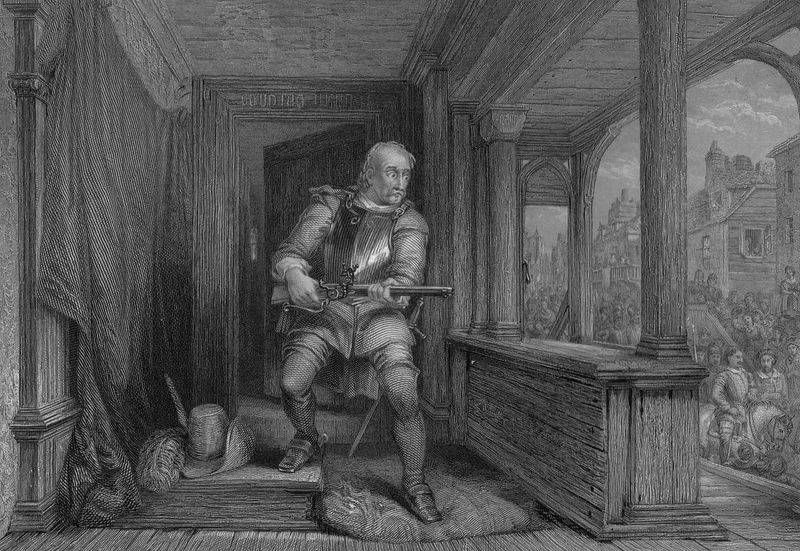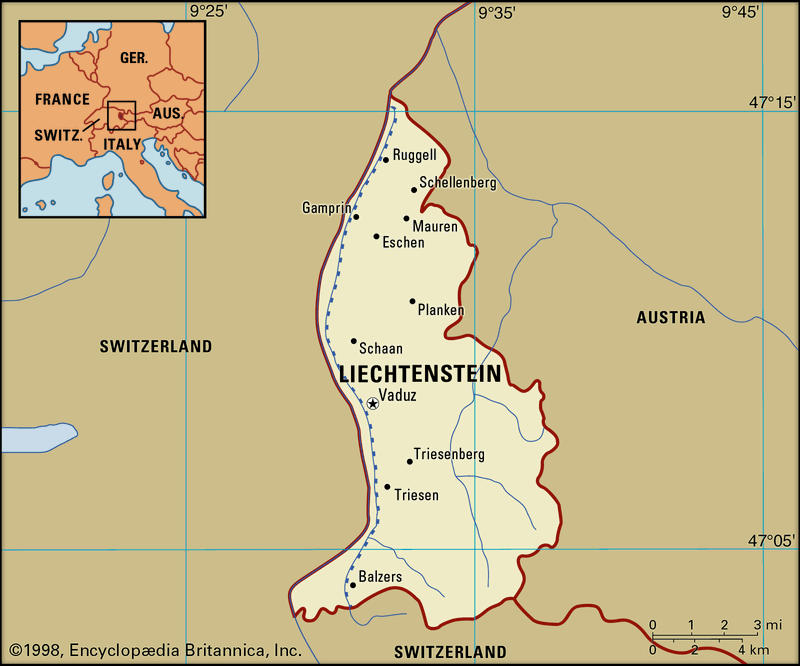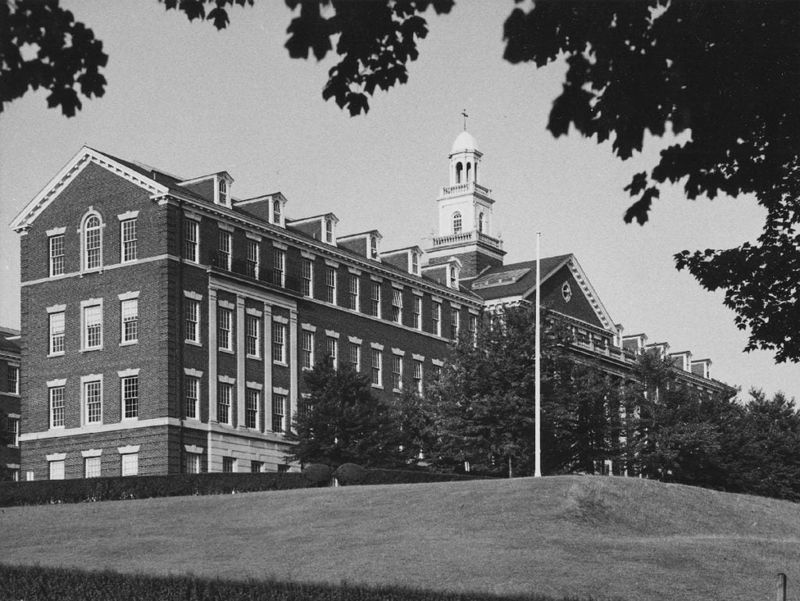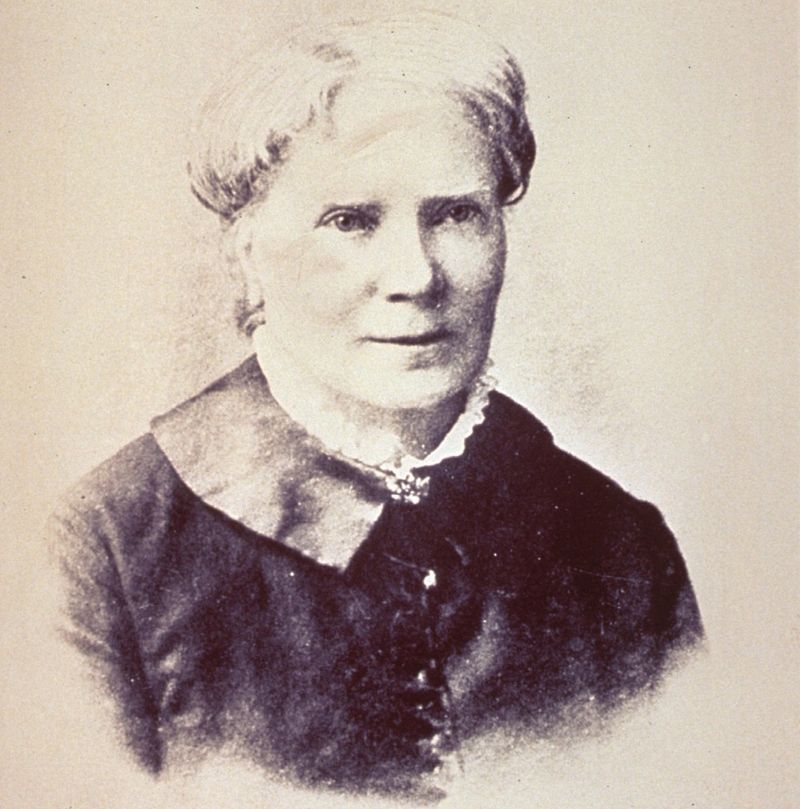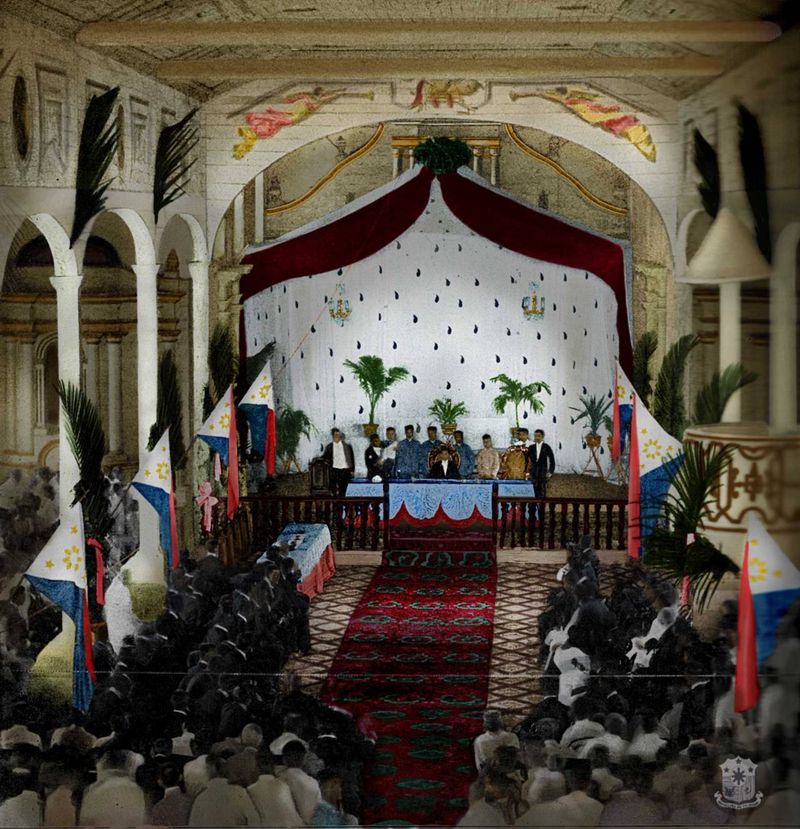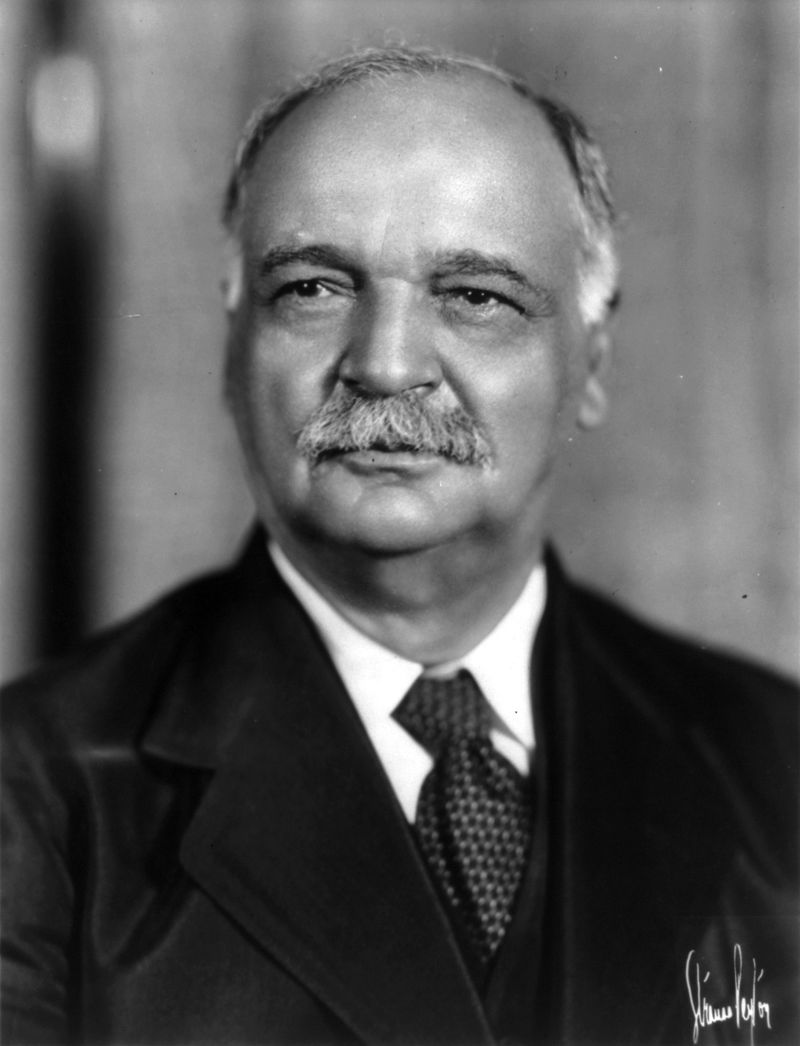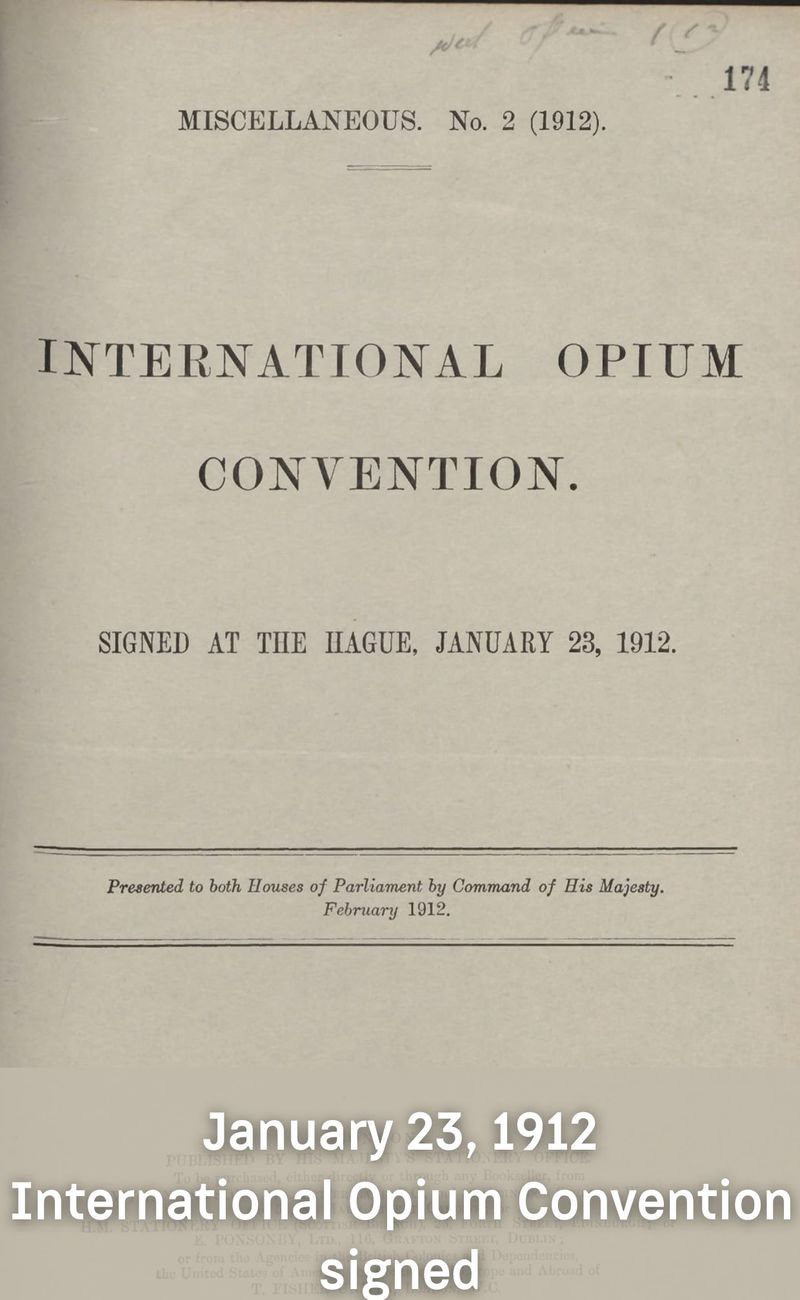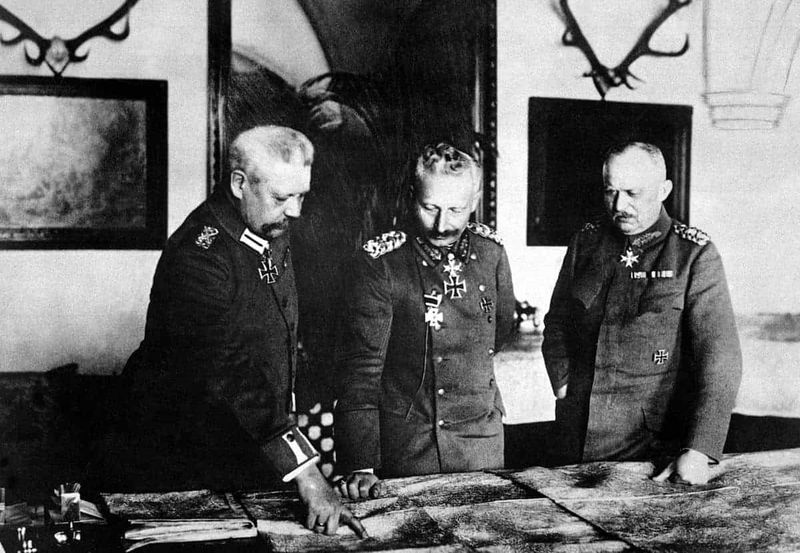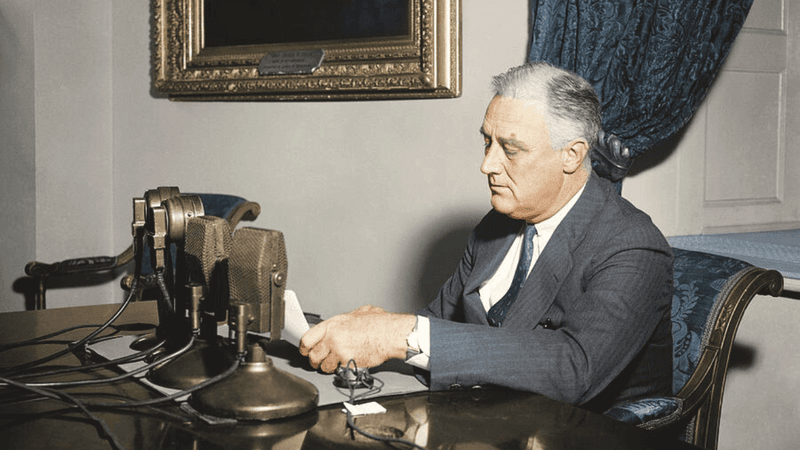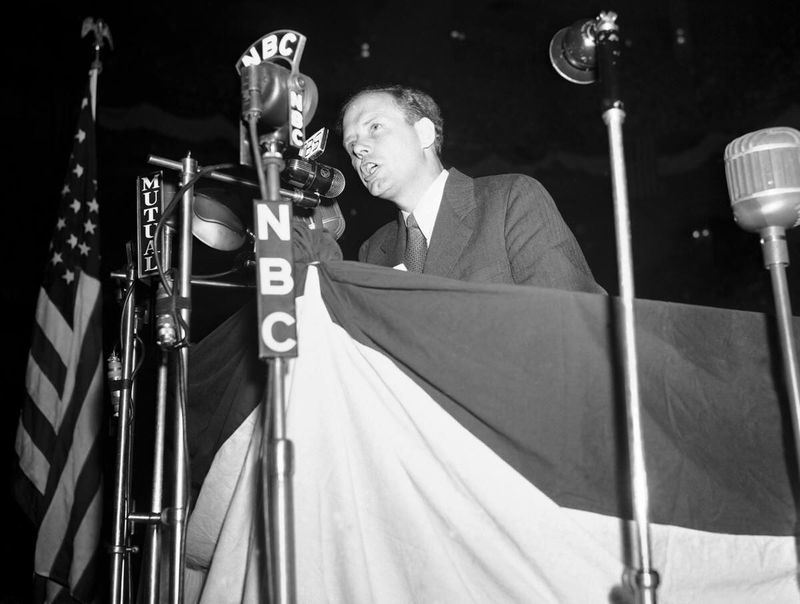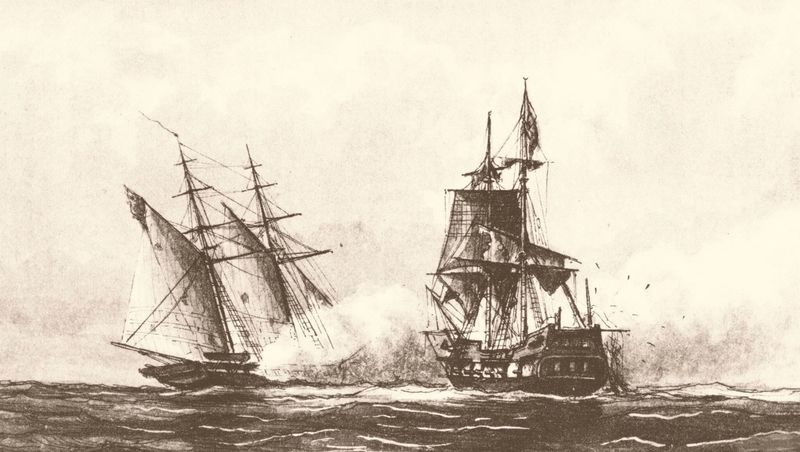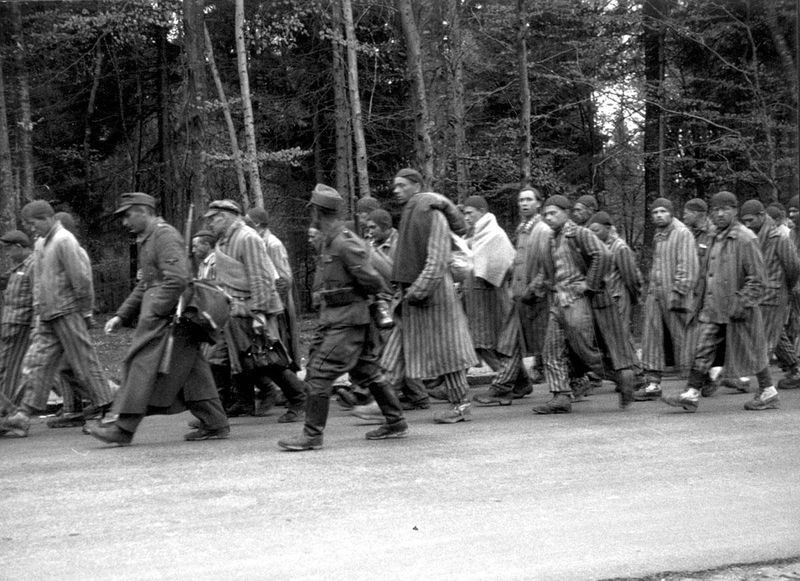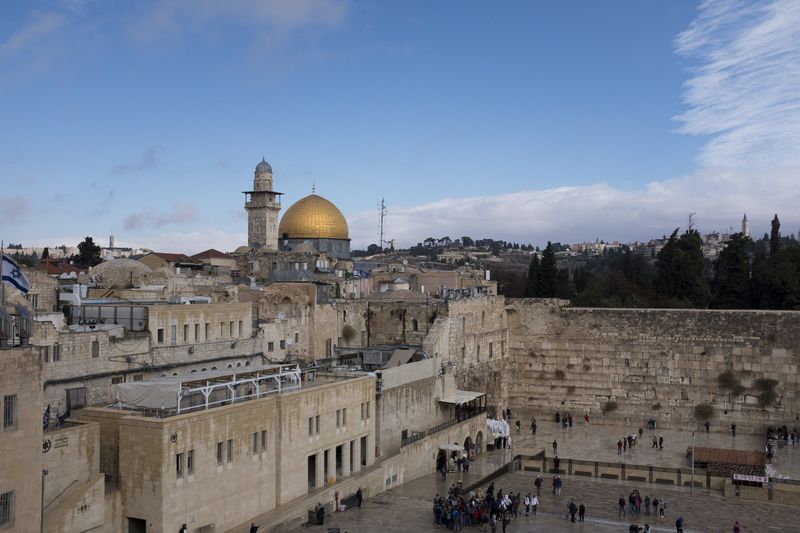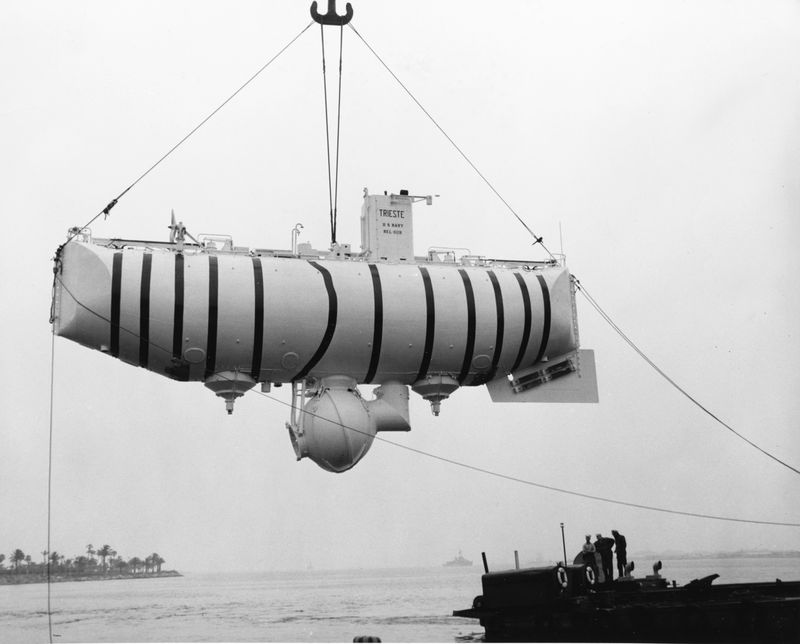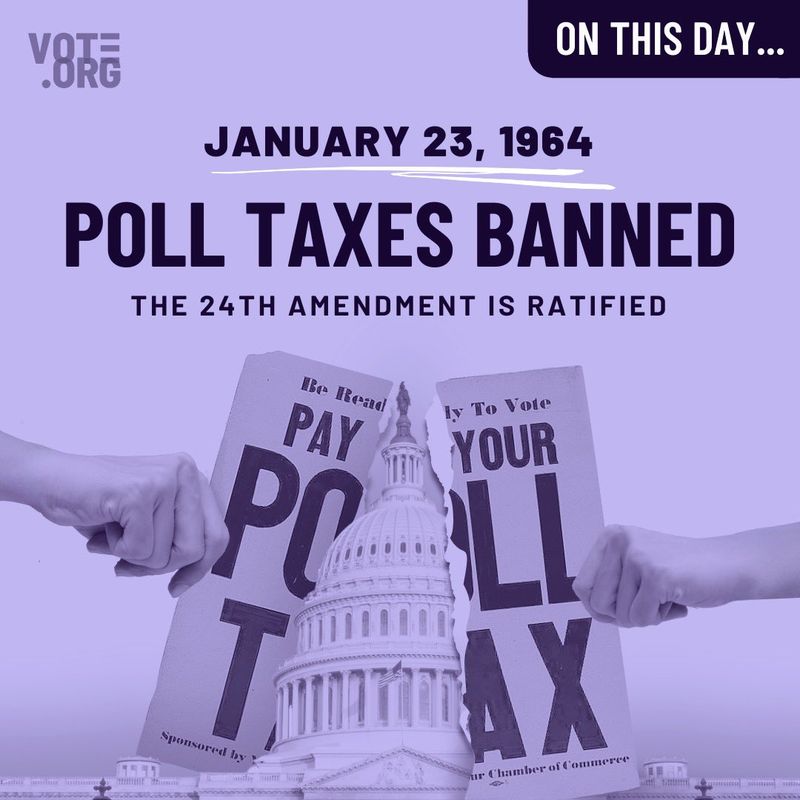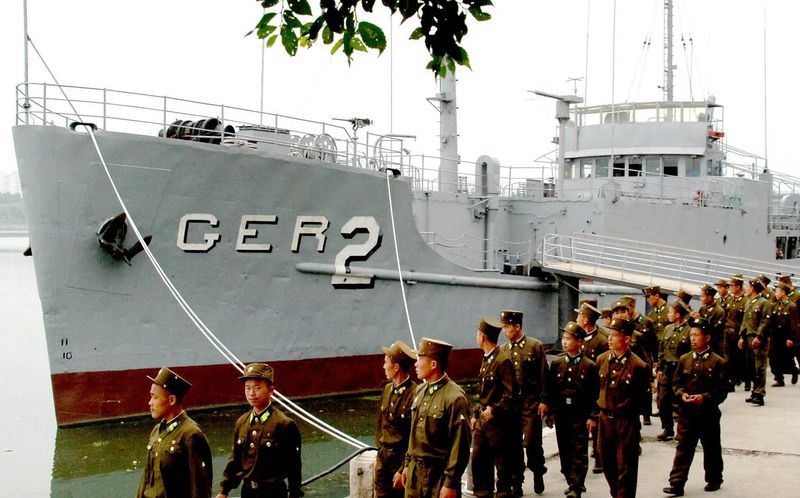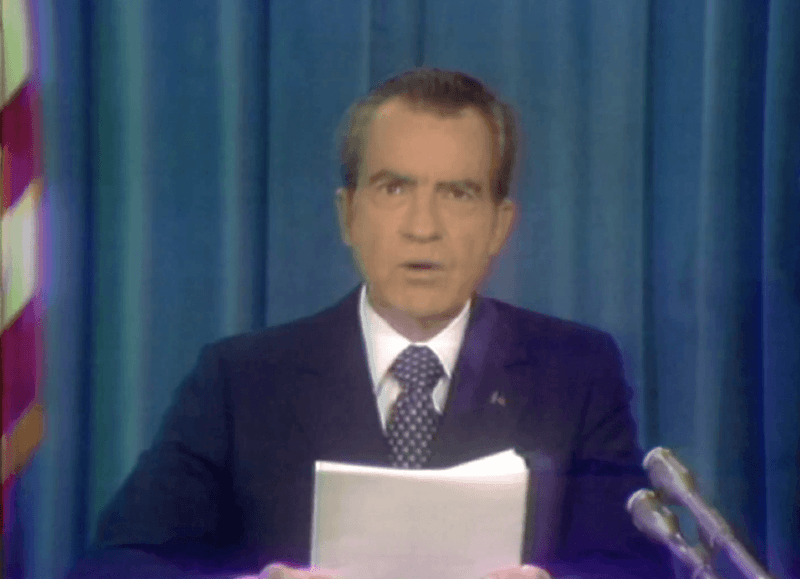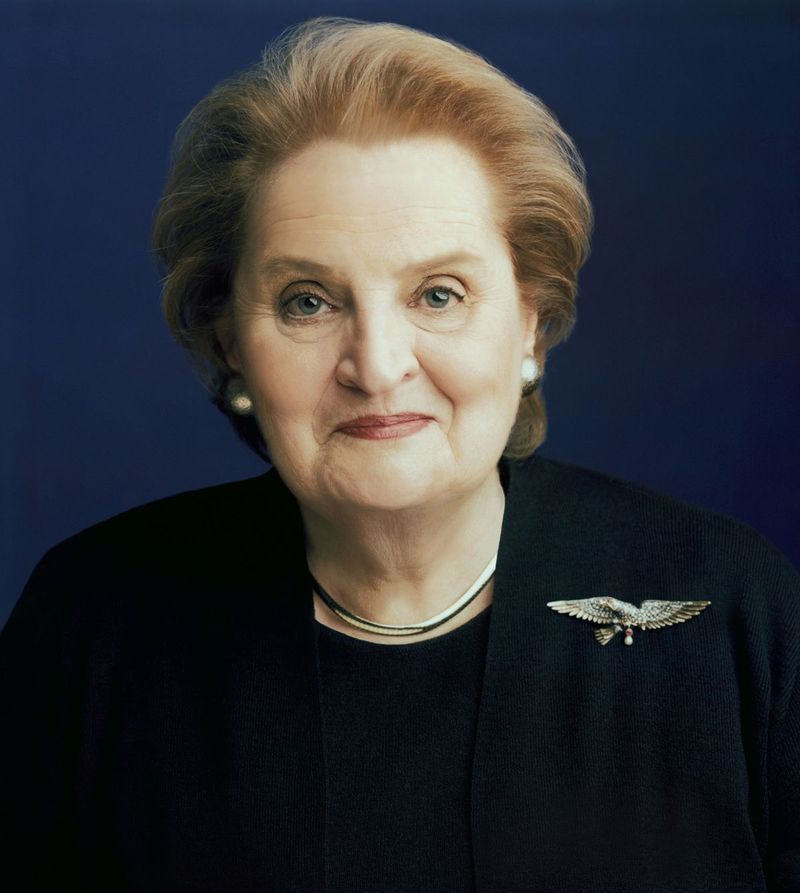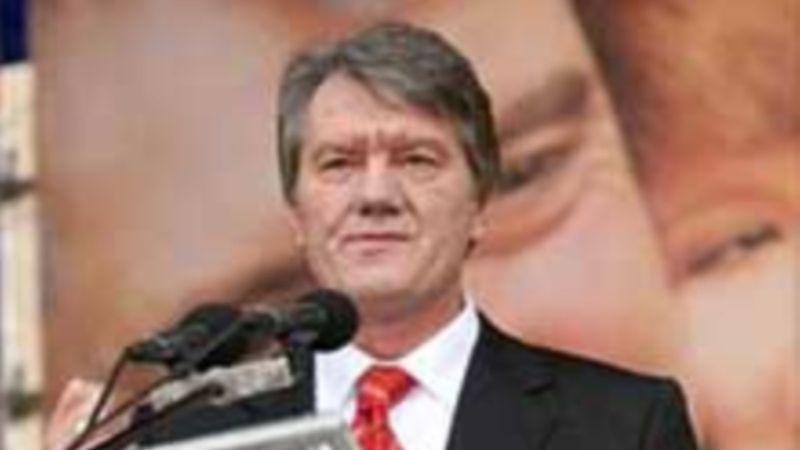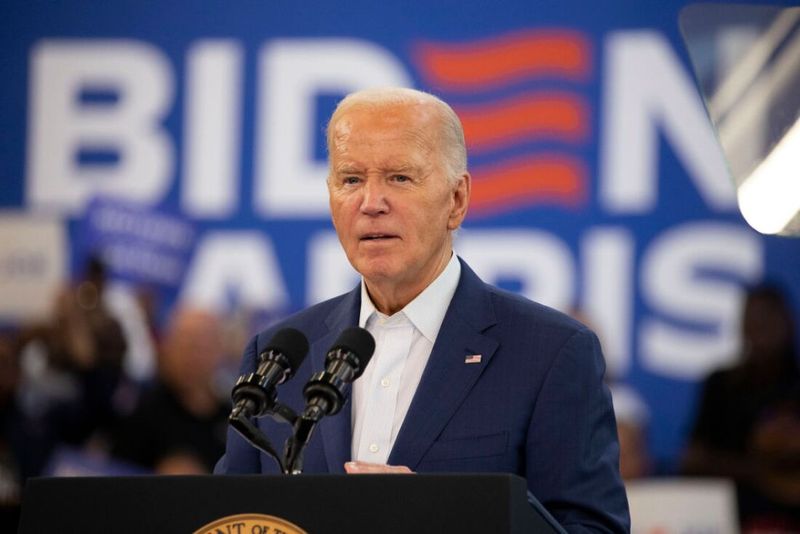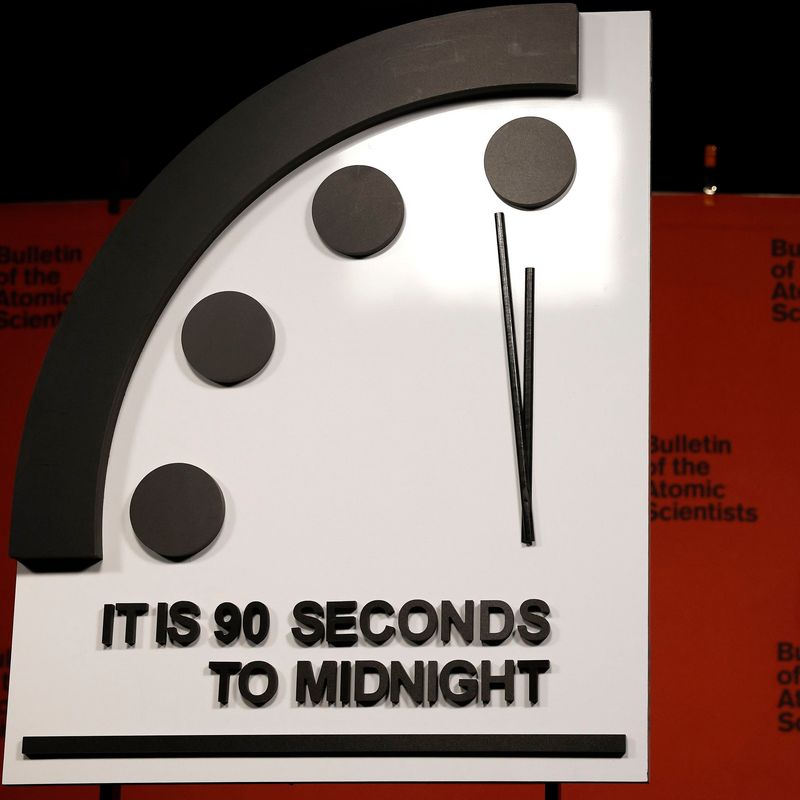Explore the fascinating and impactful events that have occurred on January 23 throughout history. From groundbreaking scientific achievements to significant political changes, this day has played a critical role in shaping the world we know today.
1. The Shaanxi Earthquake
On January 23, 1556, the Shaanxi earthquake in China became the deadliest earthquake recorded in history, claiming approximately 830,000 lives. Occurring in the early morning hours, the earthquake wreaked havoc across the region, flattening entire cities.
This catastrophic event changed the landscape and lives of many in the affected areas, with residents struggling to find refuge and rebuild their communities.
The earthquake’s impact was felt not only locally but also globally, influencing earthquake preparedness and the study of seismology. Its legacy continues to remind us of nature’s formidable power.
2. Assassination of James Stewart
On January 23, 1570, James Stewart, 1st Earl of Moray, was assassinated, marking the first recorded assassination by firearm. The event occurred amid political turmoil in Scotland, leading to significant unrest in the region.
Stewart’s assassination underscored the rising use of firearms in political conflicts and its implications on security and power dynamics. It marked a turning point in how political assassinations were orchestrated, leading to increased political tensions.
This event is pivotal in understanding the evolving landscape of political violence during that era.
3. Creation of Liechtenstein
On January 23, 1719, the Principality of Liechtenstein was established within the Holy Roman Empire, marking a new chapter in European political history. This small yet strategically significant territory was created through the consolidation of lands.
Liechtenstein’s formation represents a significant shift in territorial power dynamics of the time, influencing future geopolitical landscapes. Today, Liechtenstein stands as a sovereign nation, reflecting on its rich history and cultural heritage.
Understanding its creation provides insight into the intricate fabric of European history and its evolution.
4. Founding of Georgetown University
On January 23, 1789, Georgetown University, the first Catholic university in the United States, was founded. Situated in Washington, D.C., it became a beacon of education and religious tolerance.
Georgetown’s establishment marked a critical development in American higher education, shaping the landscape for future institutions.
The university’s diverse academic offerings and commitment to Jesuit values have made it a prominent educational institution. Its founding reflects the dynamic interplay between education, religion, and society in the early United States.
5. Elizabeth Blackwell Earns Medical Degree
On January 23, 1849, Elizabeth Blackwell became the first woman in the United States to earn a medical degree, breaking barriers in a male-dominated field. Graduating from Geneva Medical College, her achievement paved the way for women in medicine.
Blackwell’s perseverance and dedication inspired generations of women to pursue careers in healthcare. Her legacy continues to impact gender equality and the representation of women in science and medicine.
This milestone highlights the importance of challenging societal norms to achieve progress in professional fields.
6. Devil’s Footprints Sighting
On January 23, 1855, the first recorded sighting of the Devil’s Footprints was reported in Devon, England. The strange, hoof-like tracks appeared overnight in the snow, spanning miles across the countryside.
This enigmatic phenomenon sparked widespread speculation, intrigue, and fear among locals and researchers alike. Various theories emerged, ranging from supernatural explanations to natural causes.
The event remains a captivating mystery, highlighting the human fascination with the unknown and unexplained. It serves as a reminder of how folklore and science can intersect in captivating ways.
7. Malolos Constitution Proclaimed
On January 23, 1899, the Malolos Constitution was proclaimed in the Philippines, establishing the First Philippine Republic. This marked a significant step towards independence from Spanish colonial rule.
The constitution laid the foundation for democratic governance and national identity in the Philippines. Its proclamation was a notable achievement in the nation’s history, inspiring future generations to continue the struggle for freedom.
The event underscores the importance of self-determination and the quest for sovereignty in shaping national destiny.
8. Charles Curtis as U.S. Senator
On January 23, 1907, Charles Curtis became the first Native American U.S. Senator, representing Kansas. His election was a groundbreaking achievement in American politics, reflecting the progress of indigenous representation.
Curtis’s journey to the Senate highlighted his dedication to public service and advocacy for Native American rights. His tenure influenced future policies and representation for indigenous communities.
Curtis’s legacy continues to inspire those advocating for equality and representation in government, emphasizing the importance of diversity in leadership roles.
9. International Opium Convention
On January 23, 1912, the International Opium Convention was signed, marking the first international treaty aimed at controlling the opium trade. Held in The Hague, it represented a collective effort to address global drug issues.
The convention set the precedence for future international drug control agreements, highlighting the need for coordinated efforts in tackling substance abuse.
It showcased global cooperation in addressing public health concerns and establishing regulations for narcotics. This pivotal event laid the groundwork for modern drug policy and international cooperation in combating illicit drug trade.
10. Dutch Refuse to Extradite Kaiser Wilhelm II
On January 23, 1920, the Netherlands refused to extradite former German Emperor Kaiser Wilhelm II to the Allies, following World War I. This decision was a significant diplomatic move, influencing post-war politics.
The refusal highlighted the complexities of international law and asylum, drawing attention to issues of sovereignty and justice. It underscored the challenges faced by nations in addressing war crimes and holding leaders accountable.
This event remains a notable example of diplomatic negotiations and the balance between national interests and international pressure.
11. Twentieth Amendment Ratified
On January 23, 1933, the Twentieth Amendment to the U.S. Constitution was ratified, changing the presidential inauguration date to January 20. This amendment aimed to reduce the “lame duck” period between election and inauguration.
The ratification addressed inefficiencies in government transition, facilitating a smoother transfer of power. It reflects the evolving nature of American governance and the desire for effective political processes.
The amendment has since ensured timely responses to national issues, proving essential for the functionality of the democratic system.
12. Charles Lindbergh Testifies Before Congress
On January 23, 1941, famed aviator Charles Lindbergh testified before Congress, emphasizing the need for U.S. neutrality during World War II. His stance gained significant attention, stirring public and political debate.
Lindbergh’s testimony reflected the divisions within the U.S. regarding involvement in overseas conflicts. His views were both influential and controversial, impacting public opinion and policy discussions.
This event underscores the role of public figures in shaping national discourse and the complexities of foreign policy during tumultuous times.
13. British Capture Tripoli
On January 23, 1943, British forces captured Tripoli, Libya, from Axis powers during World War II. This strategic victory marked a turning point in the North African campaign.
The capture bolstered Allied momentum and weakened the Axis hold in the region. It showcased the importance of strategic military planning and the challenges of desert warfare.
This key victory contributed to the eventual Allied success in North Africa, emphasizing the role of decisive battles in shaping the outcome of global conflicts.
14. Auschwitz Death March Begins
On January 23, 1945, the Auschwitz death march began as Nazi forces evacuated prisoners in the face of advancing Allied troops. This harrowing event marked a tragic chapter in the Holocaust.
Thousands of prisoners were forced to march in freezing conditions, leading to numerous deaths and suffering. The event highlighted the brutality of the Nazi regime and the resilience of survivors.
Remembering this march is crucial for understanding the horrors of the Holocaust and the need for vigilance against hatred and injustice.
15. Jerusalem Declared Capital of Israel
On January 23, 1950, the Israeli Knesset passed a resolution declaring Jerusalem the capital of Israel. This decision was a significant moment in the nation’s history, shaping its political and cultural identity.
The declaration underscored the city’s historical and religious significance for the Jewish people. It also sparked international debate and tension, reflecting the complex dynamics of Middle Eastern politics.
The resolution continues to influence Israel’s domestic and foreign policies, highlighting the enduring importance of Jerusalem in global affairs.
16. First Frisbee Produced by Wham-O
On January 23, 1957, the Wham-O Company produced the first Frisbee, revolutionizing leisure activities and outdoor play. The toy’s creation was inspired by earlier flying disc designs and quickly gained popularity.
Frisbees became a cultural phenomenon, inspiring sports like Ultimate Frisbee and disc golf. The toy’s enduring appeal lies in its simplicity and versatility, offering fun for people of all ages.
This invention highlights the impact of innovative recreational products on social interaction and the development of new sports and hobbies worldwide.
17. Trieste Reaches Mariana Trench
On January 23, 1960, the bathyscaphe Trieste reached the ocean’s deepest point, the Mariana Trench, at Challenger Deep. This groundbreaking expedition marked a milestone in deep-sea exploration.
Piloted by Jacques Piccard and Don Walsh, the mission provided invaluable data on the ocean’s depths and marine life. The achievement demonstrated the potential of human ingenuity in exploring uncharted territories.
Trieste’s dive continues to inspire oceanographic research, emphasizing the importance of understanding our planet’s last frontiers.
18. 24th Amendment Ratified
On January 23, 1964, the 24th Amendment to the U.S. Constitution was ratified, prohibiting poll taxes in federal elections. This was a monumental step in the civil rights movement, promoting voter equality.
The amendment effectively dismantled barriers that disenfranchised African American and low-income voters. It symbolized a commitment to democratic principles and equal access to the electoral process.
The ratification marked a victory for civil rights activists and reinforced the importance of protecting voting rights for all citizens.
19. North Korea Captures USS Pueblo
On January 23, 1968, North Korea captured the U.S. Navy intelligence vessel USS Pueblo, sparking an international crisis. The incident escalated tensions during the Cold War, leading to complex diplomatic negotiations.
The crew’s capture and subsequent release after 11 months highlighted the challenges of intelligence operations and international diplomacy.
The Pueblo incident remains a significant example of Cold War confrontations, emphasizing the delicate balance of power and the importance of diplomatic resolution in international conflicts.
20. Vietnam War Ceasefire Announced
On January 23, 1973, U.S. President Richard Nixon announced a ceasefire in the Vietnam War, signaling an end to one of America’s most contentious conflicts. This announcement marked a turning point in U.S. foreign policy.
The ceasefire paved the way for the Paris Peace Accords, leading to the eventual withdrawal of U.S. troops. It reflected the complexities of international conflict resolution and the pursuit of peace.
Nixon’s announcement underscored the importance of diplomacy and negotiation in achieving long-lasting resolutions to war.
21. Rock and Roll Hall of Fame Inauguration
On January 23, 1986, the first group of artists was inducted into the Rock and Roll Hall of Fame, celebrating the genre’s pioneers and influencers. This event honored the contributions of musicians who shaped modern music.
The Hall of Fame induction recognized artists’ cultural impact and legacy in the music industry. It highlighted the evolution of rock and its influence on diverse musical styles.
The inauguration remains a cherished tradition, celebrating the creativity and innovation that define rock and roll’s enduring spirit.
22. Madeleine Albright as U.S. Secretary of State
On January 23, 1997, Madeleine Albright was sworn in as the first female U.S. Secretary of State, breaking new ground in American politics. Her appointment marked a milestone for gender representation in government.
Albright’s tenure was characterized by her diplomacy and commitment to international relations. She played a pivotal role in shaping U.S. foreign policy, addressing global challenges and promoting peace.
Her leadership continues to inspire women in politics, highlighting the significance of diversity and representation in global governance.
23. Kidnapping of Daniel Pearl
On January 23, 2002, U.S. journalist Daniel Pearl was kidnapped in Pakistan while investigating a story, leading to international outrage and efforts to secure his release. His tragic fate highlighted the dangers journalists face in conflict zones.
Pearl’s kidnapping underscored the importance of press freedom and the risks inherent in pursuing truth and information. It brought attention to the need for journalist protection and the challenges of reporting in hostile environments.
Pearl’s legacy continues to inspire advocacy for press freedom and the safety of journalists worldwide.
24. Inauguration of Viktor Yushchenko
On January 23, 2005, Viktor Yushchenko was inaugurated as President of Ukraine following the Orange Revolution, symbolizing a shift towards democracy and reform. His election marked a turning point in Ukrainian politics.
Yushchenko’s presidency emphasized the importance of democratic processes and resistance to corruption. His leadership inspired aspirations for political freedom and transparency.
The Orange Revolution remains a significant chapter in Ukraine’s journey towards democracy, highlighting the power of peaceful protest and civic engagement.
25. Egyptian Protests of Arab Spring
On January 23, 2011, massive protests erupted in Egypt, becoming a pivotal moment in the Arab Spring. These demonstrations led to the fall of President Hosni Mubarak and marked a significant shift towards political reform.
The protests highlighted the power of collective action and the demand for political change and human rights. The Egyptian uprising inspired movements across the Middle East, emphasizing the importance of democracy and social justice.
This event continues to resonate globally, showcasing the impact of grassroots activism in challenging oppressive regimes.
26. Alaska Earthquake and Tsunami Warning
On January 23, 2018, a magnitude 7.9 earthquake struck off the coast of Alaska, triggering a tsunami warning. The event prompted widespread evacuations and highlighted the importance of emergency preparedness.
The swift response of local authorities and communities demonstrated resilience and effective disaster management. This earthquake served as a reminder of the region’s vulnerability to seismic activity.
It emphasized the need for continuous preparedness and adaptation to natural disasters, ensuring the safety and well-being of affected populations.
27. COVID-19 Lockdown in Wuhan
On January 23, 2020, China imposed a lockdown on Wuhan as COVID-19 began to spread globally. This unprecedented measure aimed to contain the virus and prevent further transmission.
The lockdown marked the beginning of a global response to the pandemic, influencing health measures worldwide. It highlighted the challenges of managing public health crises and the importance of coordinated efforts.
Wuhan’s lockdown remains a significant point in understanding the early stages of the COVID-19 pandemic and its impact on international health policies.
28. Biden Reverses Travel Ban
On January 23, 2021, President Joe Biden reversed the U.S. travel ban on Muslim-majority countries, signaling a shift towards inclusivity and diversity in immigration policy. This executive order was part of broader efforts to promote equality.
The reversal was welcomed by civil rights groups and marked a step towards healing divisions. It underscored the administration’s commitment to restoring America’s image as a welcoming nation.
This action highlighted the importance of inclusive policies in fostering unity and respect for all communities.
29. Microsoft Acquires Activision Blizzard
On January 23, 2022, Microsoft announced its acquisition of Activision Blizzard for $68.7 billion, marking a major move in the gaming industry. This acquisition aimed to expand Microsoft’s gaming portfolio and enhance its market position.
The deal highlighted the growing importance of gaming in technology and entertainment sectors. It raised discussions on competition, innovation, and consumer impact.
Microsoft’s acquisition reflects the dynamic nature of the tech industry and its influence on global entertainment landscapes.
30. Doomsday Clock Set to 90 Seconds
On January 23, 2023, scientists announced that the Doomsday Clock was set to 90 seconds to midnight, the closest ever.
This symbolic clock represents humanity’s proximity to global catastrophe, driven by nuclear threats, climate change, and technological risks.
The announcement underscored the urgent need for international cooperation to address global challenges. It highlighted the importance of scientific research and policy-making in safeguarding the future.
The Doomsday Clock serves as a sobering reminder of the risks facing humanity and the collective responsibility to mitigate them.
